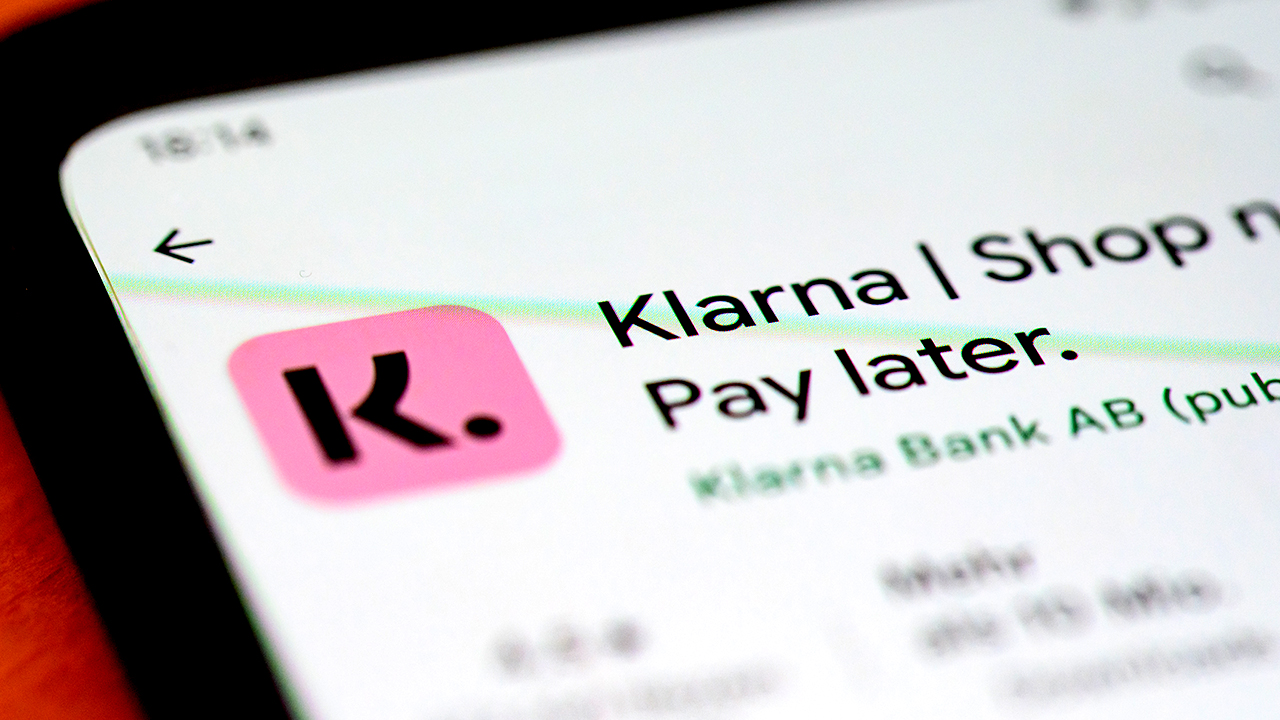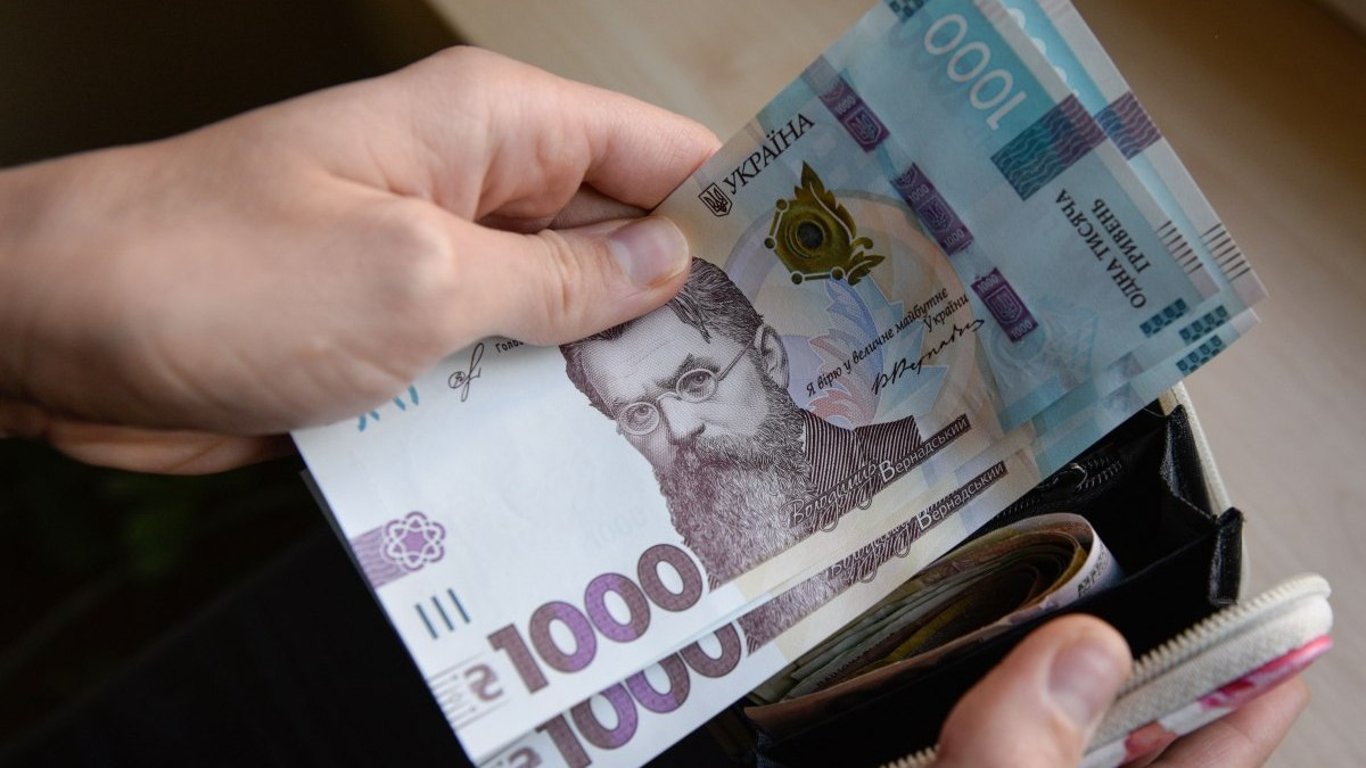Labor migrants returning from abroad will receive social payments.


The popularity of 'Buy Now, Pay Later' payment solutions is growing
'Buy Now, Pay Later' payment solutions have gained popularity in today's economy, with the industry projected to grow by 12.2% annually, reaching $122.26 billion this year alone, according to Research And Markets.
By 2030, the U.S. 'Buy Now, Pay Later' market is projected to reach $184.05 billion.
Key players include Affirm, Afterpay, and Klarna, which plans to conduct its initial public offering on Friday and list on the New York Stock Exchange under the symbol 'KLAR'.
Companies have gained popularity amid inflation, high interest rates, and student loan payments that resumed in October 2023 after being paused due to the COVID-19 pandemic.
EXPERTS WARN OF HIDDEN RISKS OF 'BUY NOW, PAY LATER'
Consumers have embraced platforms due to the ability to pay in installments over weeks or months. In many cases, they are also interest-free.
'Buy Now, Pay Later' services have become a staple in retail. However, they are increasingly spreading to industries such as travel, healthcare, and electronics, aimed at consumers seeking flexible financial options.
ONLINE SPENDING DURING THE HOLIDAY SEASON REACHES A RECORD $222 BILLION, THANKS TO 'BUY NOW, PAY LATER' PAYMENT SOLUTIONS
A March survey by Wallethub found that about 55% of Americans used 'Buy Now, Pay Later' (BNPL) services, and 22% currently have debt with a BNPL provider.
Of those who used the service, 19% had multiple loans simultaneously over the past year, and 19% faced penalties or interest for late payments.
A separate Bankrate study showed that over half of adults who used this service faced issues such as overspending, missed payments, and shopping regret.
These findings highlight that BNPL services offer flexibility, but also come with risks depending on how you use them.
'Sometimes it's a convenient way to access affordable credit and distribute the impact of a large purchase. Other times, it’s a ticket to overspending,' said Bankrate analyst Ted Rossman. 'We can easily get caught up in interest payments rather than focusing on the total cost of ownership, and that can lead us to spend more than we should.'
'Buy Now, Pay Later' services have marketed themselves as a 'softer alternative to credit cards,' which can have high interest rates. However, according to Rossman, the service has increasingly 'eaten itself, similar to credit cards.' For example, both Affirm and Klarna have payment cards that can be converted into installments.
Moreover, Rossman says, the service 'is no longer just three equal payments over six weeks, with many plans lasting longer and charging about the same interest rates as credit cards.'
Additionally, consumers may also face penalties for late payments if they do not have the funds to make their payments. Earlier, Martha Callahan, a certified financial planner from FBB Capital Partners, told FOX Business that over Time, if a consumer continues to miss payments, they may easily be handed over to collections.
'It's similar to using a credit card when you make a purchase now, but when it comes time to pay off the debt, if you don’t have the funds to make the payment, you keep digging yourself deeper into a financial hole,' said Callahan, adding that this can damage credit.
Read also
- New report for individual entrepreneurs - which document needs to be submitted and to whom
- Police Salary Structure — What It Consists Of in 2025
- Sell copper on OLX — what is happening with scrap prices in July
- The wallet is not holding—what products have risen in price the most
- Severance Payments for Employees — What to Consider in 2025
- Harvest in Odesa Region — Farmers Gathered the First Million of the Crop









